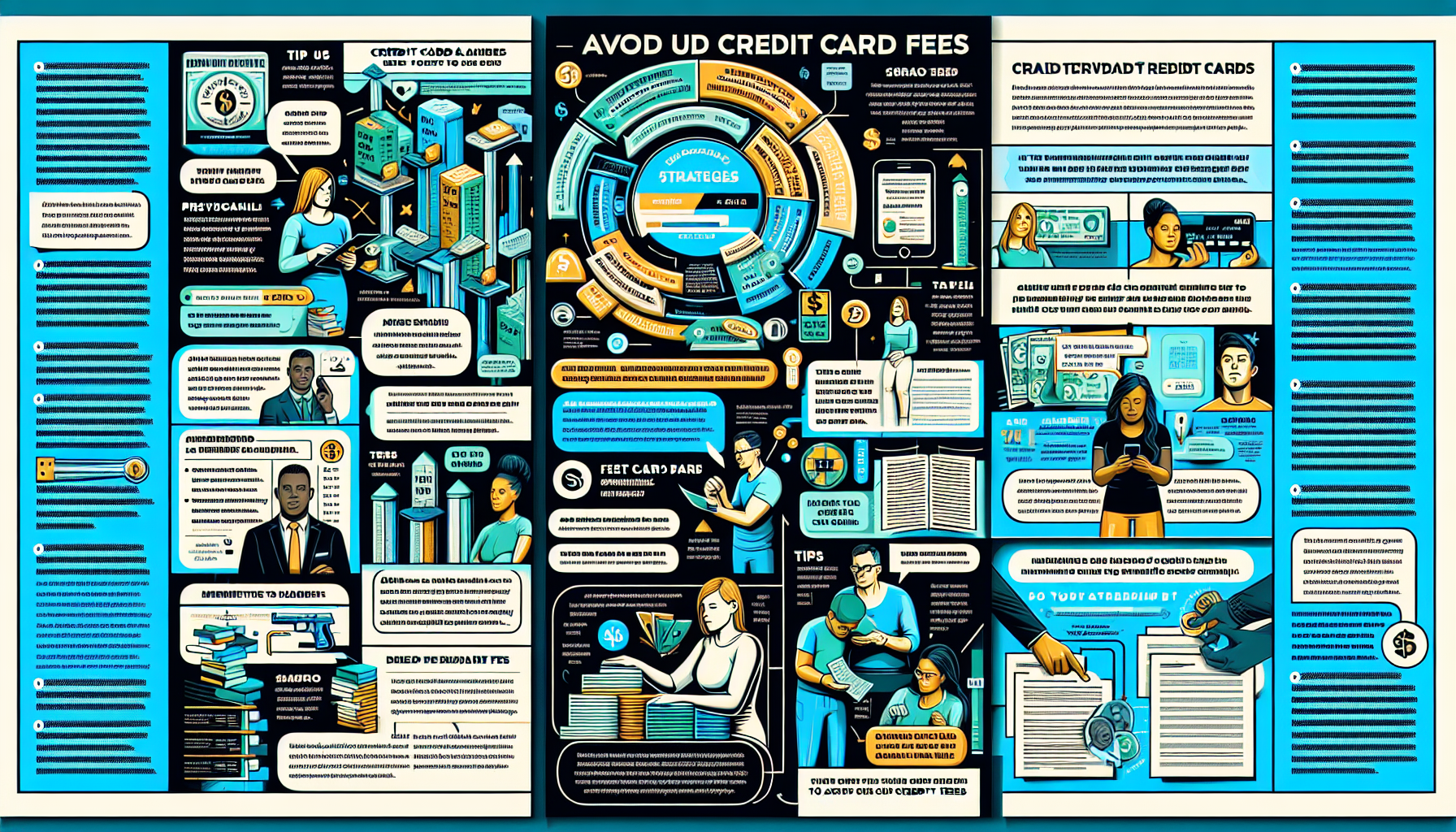Credit card fees can be a significant expense for many cardholders, but with some knowledge and strategic planning, you can avoid unnecessary costs. Understanding the different types of credit card fees and implementing strategies to minimize them can help you save money and make the most of your credit card benefits. In this article, we will delve into the world of credit card fees and provide you with tips for navigating them successfully.
Understanding Credit Card Fees
Credit card fees can come in many forms, including annual fees, late payment fees, cash advance fees, foreign transaction fees, and balance transfer fees. Annual fees are charged by some credit card issuers for the privilege of using their card, while late payment fees are incurred when you fail to make your minimum payment on time. Cash advance fees are charged when you withdraw cash from your credit card, often at a higher interest rate than regular purchases. Foreign transaction fees are levied when you make purchases in a foreign currency, and balance transfer fees are charged when you transfer a balance from one credit card to another.
To avoid credit card fees, it is essential to read and understand the terms and conditions of your credit card agreement. Paying your bill on time and in full each month can help you avoid late payment fees and interest charges. Avoiding cash advances and foreign transactions can also help you steer clear of additional fees. If your credit card has an annual fee, consider whether the rewards and benefits justify the cost. Finally, be cautious when transferring balances between cards, as balance transfer fees can add up quickly.
Strategies for Avoiding Costs
One of the simplest ways to avoid credit card fees is to set up automatic payments for your credit card bill. By ensuring that your minimum payment is always made on time, you can avoid late payment fees and maintain a good credit score. Additionally, monitoring your spending and keeping track of your credit card transactions can help you avoid exceeding your credit limit and incurring over-limit fees. If you do find yourself facing credit card fees, consider negotiating with your credit card issuer to have them waived, especially if it is your first offense.
Another strategy for avoiding credit card fees is to shop around for cards with lower or no fees. Many credit card issuers offer cards with no annual fees, no foreign transaction fees, and other perks that can help you save money. Additionally, consider consolidating your credit card debt onto a card with a lower interest rate or promotional balance transfer offer to reduce the amount of interest you pay over time. By being proactive and informed about your credit card fees, you can take control of your finances and avoid unnecessary costs.
By understanding credit card fees and implementing smart strategies for avoiding costs, you can make the most of your credit card benefits while minimizing your expenses. Take the time to read your credit card agreement, set up automatic payments, monitor your spending, and shop around for cards with lower fees. By staying proactive and informed, you can navigate credit card fees successfully and keep more money in your pocket.
